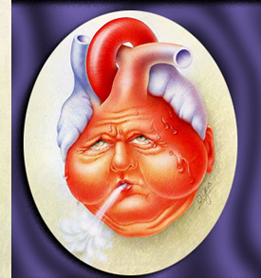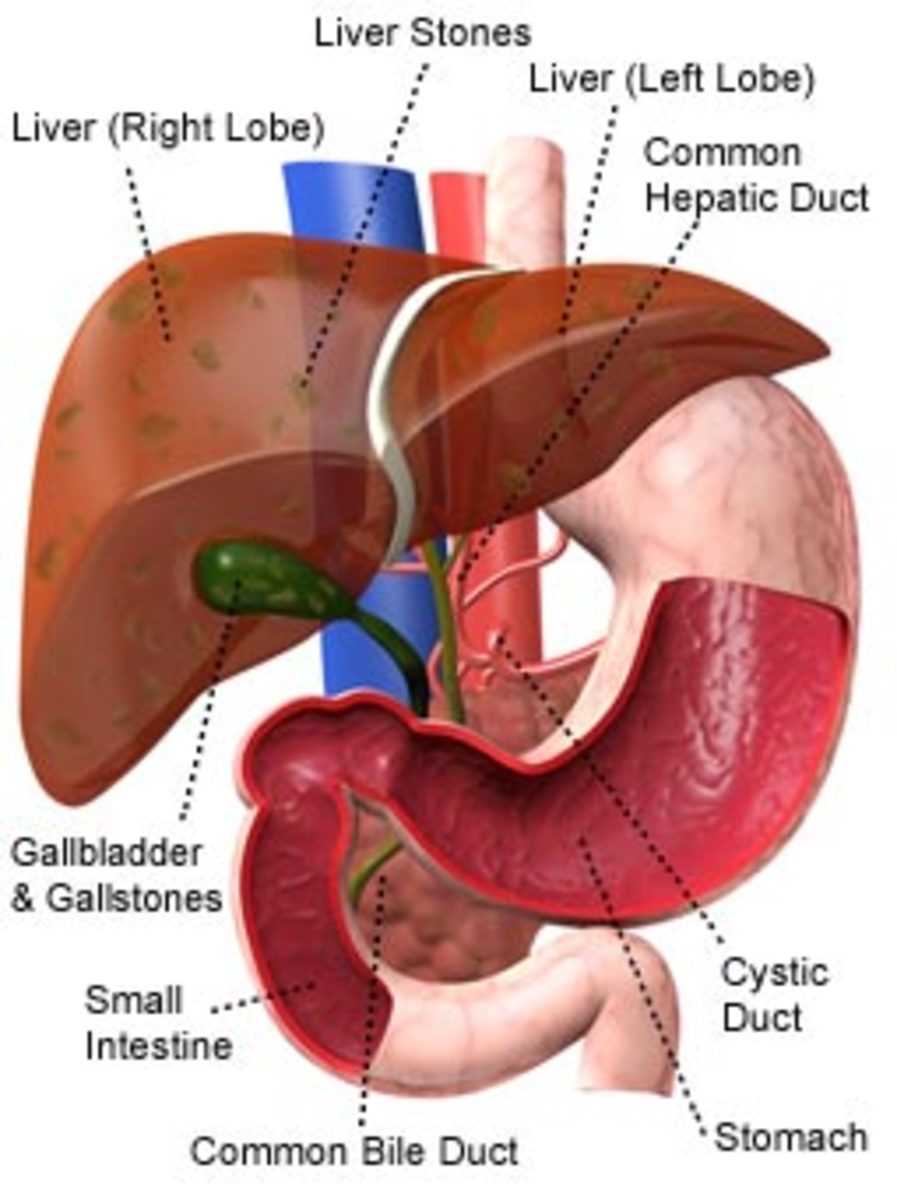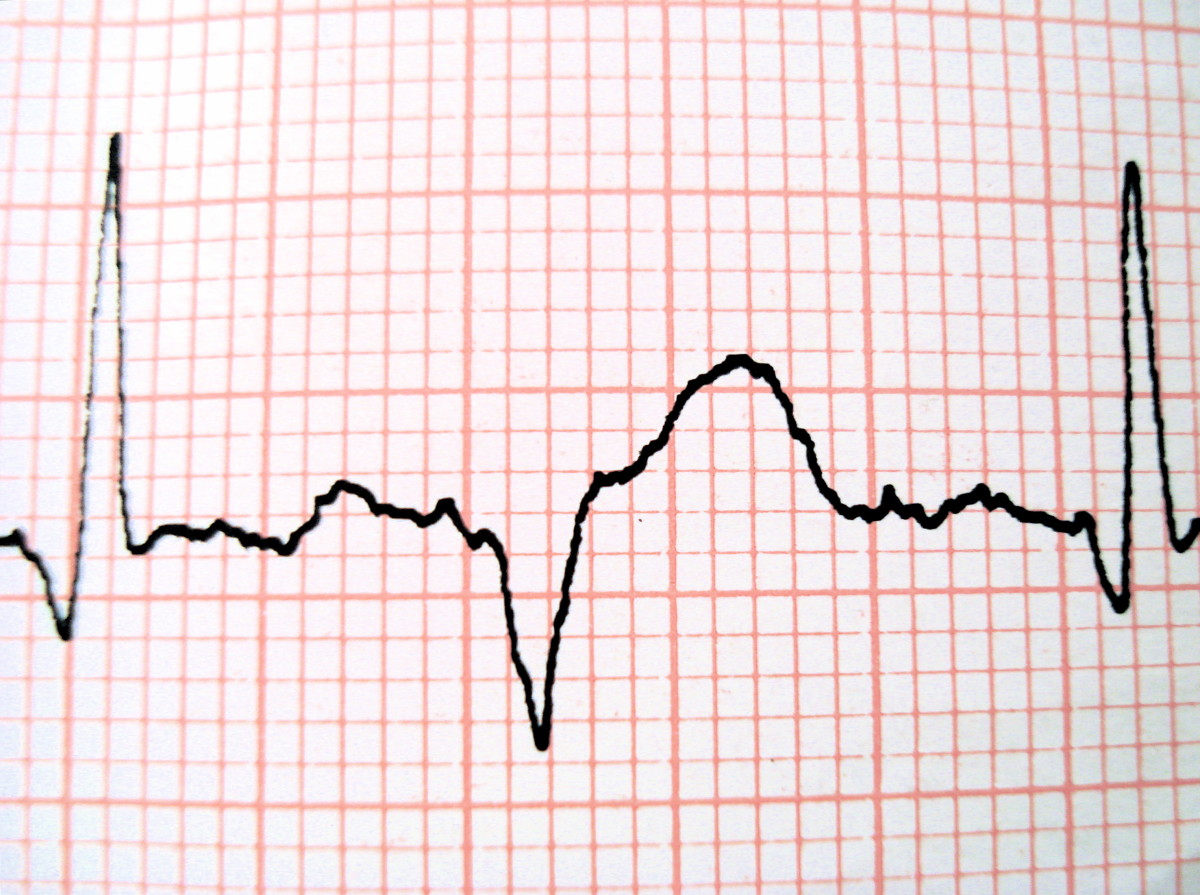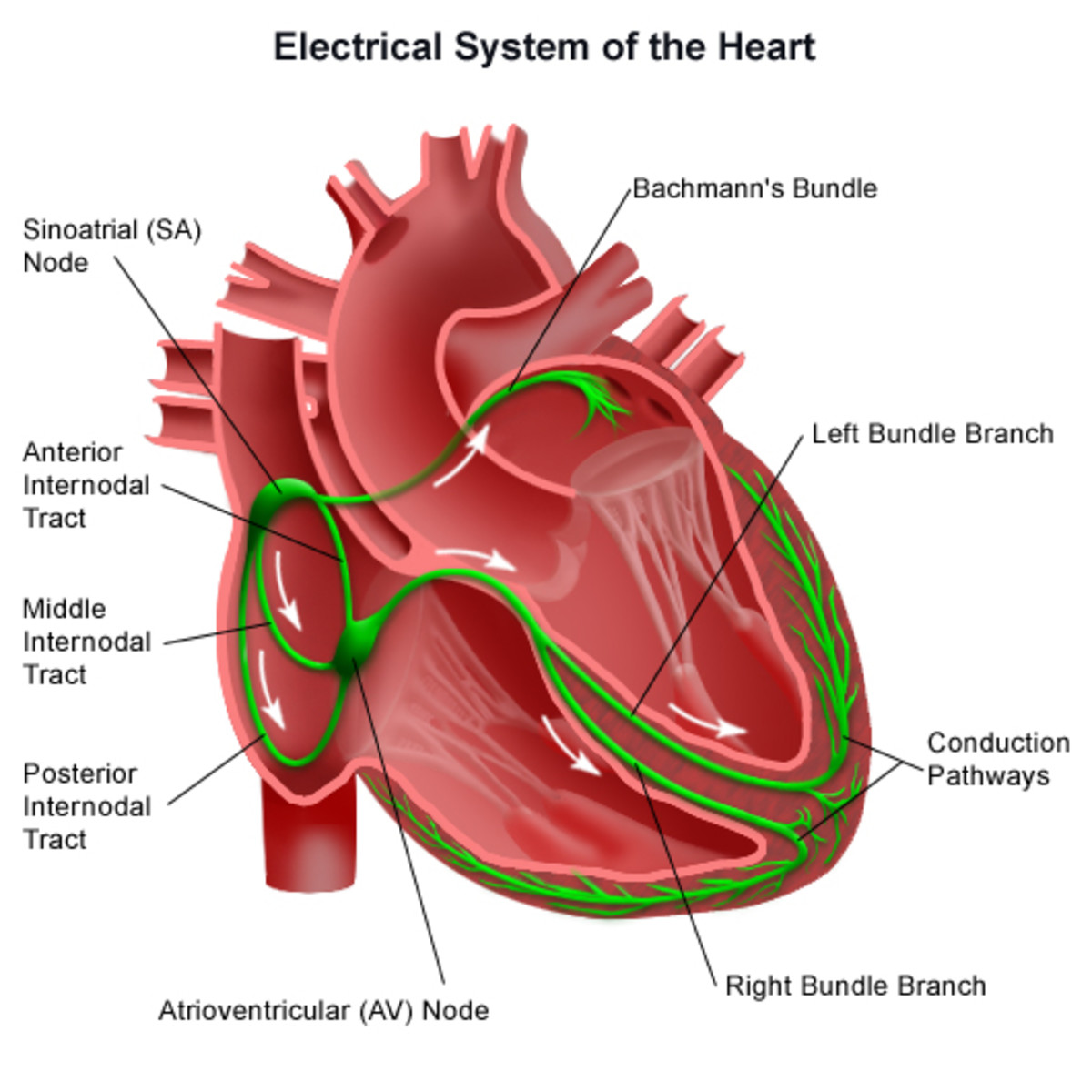Management of Heart Failure

Heart failure is a complex syndrome that develops when the heart fails to maintain an adequate cardiac output (out put of blood per minute from the heart) to provide all organs with blood supply appropriate to demand, occurring due to any structural or functional cardiac disorder. Management of the heart failure is complex and includes the management of acute episodes of heart failure and the management of chronic heat failure which includes,
- Multidisciplinary approach
- General life-style advice
- Follow up
- Drug management
- Non-pharmacological measures
Patients with chronic heart failure tend to develop acute episodes of heart failure which are life-threatening and have to be attended quickly in order to save the life. Acute heart failure should be recognized early going by the characteristic symptoms such as acute breathlessness, wheezing, anxiety and profuse perspiring with a cough producing pink (blood-tinged), frothy, copious sputum. Abnormally high pulse rate and respiratory rate may be supportive evidence. Such patients should be propped up quickly with the legs dependent, connected to an oxygen device if available at home and transferred to a hospital immediately. In the hospital the patient should be examined quickly to confirm the diagnosis and oxygen should be administered via a face mask. The patient should be attached to ECG, blood pressure and oxygen saturation monitors and treated with several drugs until the symptoms are relieved. The drugs administered include loop diuretics (e.g.-frusemide), venodilators (e.g.-GTN), opioids (e.g.-morphine) and aminophylline intravenously. If the patient remains symptomatic venesection (forced bleeding) may be necessary. Any precipitating causes should be identified and corrected. Finally the patients will be advised to strictly rest on bed.
In the ideal setting chronic heart failure is managed by a team involving the physician / cardiologist / transplant team, heart failure nurse, dietitian, occupational therapist & palliative care adviser, pharmacist, physiotherapist, psychiatrist / counselor and the primary care giver.
The patients are advised on the following areas;
1. Control and maintain optimal body weight (body mass index 18.5 – 25)
2. Modify the diet
a. Avoid large meals (frequent small meals are recommended)
b. Avoid food rich in salt and added salt
c. Fluid restriction in severe heart failure
d. Alcohol –allow moderate consumption only
3. Stop smoking
4. Physical exercise, exercise training, rehabilitation
a. Heart failure is improved by bed rest for few days. However, prolonged bed rest leads to deep vein thrombosis. Therefore, daily leg exercises, low dose heparin therapy and elastic support stockings are recommended in such patients.
b. Low-level endurance exercise is recommended in stable patients such as 20-30 minutes walking 3-5 times/week. Strenuous exercises should be strictly avoided.
5. Vaccination – for pneumococcal disease (there is no evidence to support routine influenza vaccination)
6. Air travel – possible for most
7. Sexual activity – avoid sildenafil (Viagra) when on nitrates such as GTN
8. Driving – avoid driving heavy vehicles though driving small vehicles may be possible if stable
Symptom diaries maintained by the patient and exercise tolerance described by the patient are good indicators of the control, which should be monitored frequently at intervals of 2-4 weeks. Regular follow up at clinics should be arranged to,
• Check BP, lung bases, body weight, hydration
• Assess functional capacity – VO2 max, echocardiography
• Assess fluid status – serum electrolytes, blood urea investigations
• Assess cardiac rhythm with ECG and review drugs & doses

Pharmacological management of heart failure is started with an ACE-inhibitor such as enalapril followed by the addition of a beta blocker such as metoprolol and spironolcatone subsequently, all of which are known to improve the life expectancy and reduce hospitalization in patients with heart failure. A loop diuretic such as frusemide or a thiazide diuretic such as HCT may be added if symptomatic but have no long term benefits. In addition, cardiac glycosides such as digoxin, short term inotropes such as dobutamine and combined arteriolar and veno dilators such as hydaralazine and GTN combination, anti-arrhythmics and anti-coagulants may be useful.
Non-pharmacological treatment modalities of heart failure include revascularization, bi-ventricular pace makers, implantable cardioverter defibrillator (ICD) and cardiac transplantation. The role revascularization remains unclear and the response rate remains low but may be beneficial in some patients. ICD is seen to improve the outcome alone in early heart failure and in combination with bi-ventricular pacing in late heart failure. Cardiac or cardiothoracic transplantation remains the final option and is still limited by the lack of donors and the risk of transplant failure.
From the management options described above, a specific management program should be tailored to meet the age, social and economical status and the condition of the individual patient. As heart failure is a chronic condition which is not curable but only manageable, it is important to diagnose the disease early and control the progression of the disease with proper life-style and medical management to increase the quality of life of the patients.










